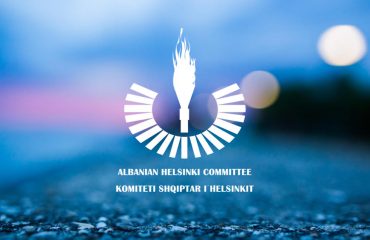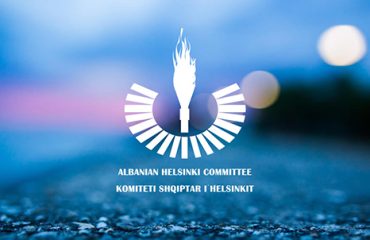72 years ago, on December 10, 1948, the United Nations General Assembly approved the Universal Declaration of Human Right. The Declaration rose as a response to the horrors of World War II and represents the first global effort for the protection of those rights that many people believed were fundamental rights that belonged to all human beings.
Although it has been 72 years since the approval of this declaration, lack of respect for human rights remains a problem that is widely spread in many countries of the world, including ours.
In these 30 years of its activity, the Albanian Helsinki Committee finds that people do not enjoy sufficiently information about their rights and freedoms and the legal tools for exercising these rights; nor do they have the financial ability to have quality legal service to legally seek demand violated rights.
During this year, the pandemic situation and restrictive measures influenced the worsening of the situation of human rights and freedoms almost in every country of the world while the level or proportionality of restrictions vis-à-vis the need to prevent the spread of the pandemic was mainly an indicator of the level of functional democracy in the respective countries.
In particular, the pandemic worsened in the country the access of citizens and journalists to information, the access of civil society organizations to the public consultation process on laws of special significance and their effective access to policymaking, violated in some cases the right to assembly and organize (he dispersal of some rallies by the police did not reflect a unified approach while there were also criminal proceedings against protesters), slowed down the pace of progress of the implementation of justice reform by causing obstacles and delays in citizens’ access to the judicial system, made more difficult the social-economic conditions of marginalized groups of society, which faced unemployment, influenced the increased number of women and girls suffering domestic violence, disabled physical meetings of citizens deprived of their liberty in the prison system with their family members, limited the freedom of movement of Albanian citizens seeking to return to their families in the first and difficult part of the pandemic, etc.
Health care personnel and particularly doctors and nurses who were at the service of people infected with Covid-19 faced a series of difficulties and challenges including prolonged working hours, leading to deprivation of family time, in order to save as many people’s lives at risk from the deadly virus as possible. We express our most sincere condolences to the family members of doctor who are not among us today and lost the battle with Covid-19. At the same time we express profound gratitude to all medical health care personnel who lined up with dedication an passion on the front line of protecting the lives and health of citizens from Covid-19.
Efforts for the protection of and respect for human rights and freedoms highlight the need to strengthen accountability, transparency, and responsibility of state institutions vis-à-vis individuals and public interest in general and the need to ensure more opportunities and equality, for young people, women and girls, persons with disabilities, persons with different sexual orientation, gender identity, persons belonging to minorities or other persons belonging to disadvantaged groups from a social and economic standpoint.
Protectors of human rights and freedoms in our country make a valuable contribution to build a society with more responsibility and respect for rights and freedoms, especially when they are violated for groups or people in need. Any prejudice or attack on the work and activity of protectors of human rights, as there have been some this year, is unacceptable for a democratic society.





